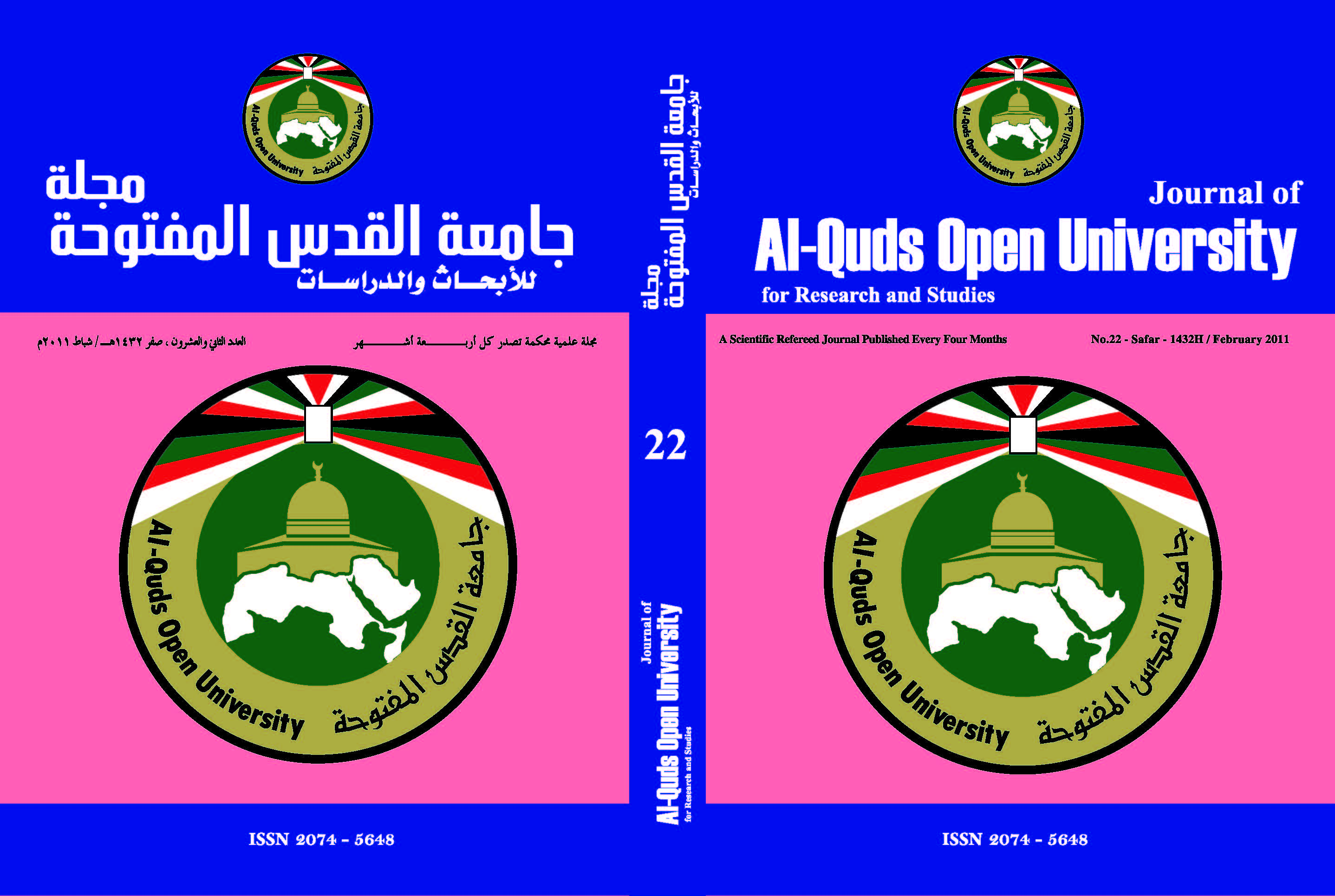The Impact of Using Hayes Problem Solving Method on Improving the Ethical Intelligence and Academic Achievement of Female 6th graders in the Science Course at the schools in Makkah, Saudi Arabia
Keywords:
Hayes Problem Solving Method, Improving, Ethical Intelligence, Academic Achievement, Female 6th graders, Science Course, schools, Makkah, Saudi ArabiaAbstract
This study aimed to identify the effect of using the Hayes Problem
Solving Method in improving ethical intelligence and academic achievement
of a sample of female six- grade science students in Makkah, Saudi Arabia.
The researcher used the semi- experimental approach to study this effect.
The random study sample comprised a total of 84 female students. The first
experimental group had 28 students who studied the “Experimentation Unit”
in the science syllabus using the Hayes Problem Solving Method. The second
experimental group was had 28 students who studied the same science syllabus
using the Hayes Problem Solving Method as well as the traditional methods
prescribed for some of the topics. The control group was also had 28 students
who studied the same science syllabus topics taught to the experimental
groups using only the traditional methods prescribed for the syllabus. The
study lasted for seven weeks, three lessons per week. At the end of the study
and after appropriate statistical analysis of data, the researcher reached the
following results:
1. There are statistically significant differences at (0.05) between the
average score ranks of the first experimental group who studied
using the Hayes Problem Solving Method, and the control group in
all three aspects of the achievement test (memory, comprehension,
application) . The total score showed growth in ethical intelligence
in favor of the first experimental group.
2. There are statistically significant differences at (0.05) between the
average score ranks of the second experimental group who studied
using a combination of the Hayes Problem Solving Method as well
as the traditional methods prescribed for some of the topics, and the
control group in all three aspects of the achievement test (memory,
comprehension, application) . The total score showed growth in
ethical intelligence in favor of the second experimental group.
3. There are statistically significant differences at (0.05) between the
average score ranks of the first experimental group and the second
experimental group in regards to ethical intelligence in favor of the
second experimental group.
4. There are no statistically significant differences at (0.05) between the
average score ranks of the first experimental group and the second
experimental group in regards to all three aspects of the achievement
test (memory, comprehension, application) as well as the total overall
score.
Based on these results, the researcher highlights the significance of using
the problem- solving method by female science teachers due to its positive
effect on the academic growth of achievement as well as helping students to
activate and use their ethical intelligence.
Downloads
Published
How to Cite
Issue
Section
License
- The editorial board confirms its commitment to the intellectual property rights
- Researchers also have to commit to the intellectual property rights.
- The research copyrights and publication are owned by the Journal once the researcher is notified about the approval of the paper. The scientific materials published or approved for publishing in the Journal should not be republished unless a written acknowledgment is obtained by the Deanship of Scientific Research.
- Research papers should not be published or republished unless a written acknowledgement is obtained from the Deanship of Scientific Research.
- The researcher has the right to accredit the research to himself, and to place his name on all the copies, editions and volumes published.
- The author has the right to request the accreditation of the published papers to himself.













_2.png)
_.png)
_2.png)
_1.png)
_.png)

